Lucy's top 10 memory hacks
Here you are, exams in 2 weeks, sitting at your desk, blankly staring at the mountain of work in front of you that you have to commit to memory. And then the panic sets in….
Now most people tackle revision, or specifically memorization, in one of two ways. They will either read their notes again and again, or write them out again and again. And again. This form of rote learning works when there’s an unlimited time before our exams, but when the clock’s ticking, it’s quite simply the slowest form of revision we have.
If what you’re looking for instead are ways to memorize information that take as little time as possible, but result in a high percentage of retention, then you’ve come to the right place. Here are Lucy's Top 10 Memory Hacks that can be used for pretty much any subject.
-
Cut out the words
Our brains are seriously slow at processing words. The best styles of revision use as few words as possible in order to make memorizing facts easier.
As an example, let’s say we’re revising history and the consolidation of the Nazi party. Our revision card could look like this…
30 January 1933 - Hindenburg appoints Hitler as Chancellor but:
- A mere 3 out of 10 ministers were actually members of the Nazi party
- Less than half the seats in the Reichstag were taken by Nazis
- Hindenburg had the power to dismiss Hitler at any time
That tiny chunk of information has 39 words and figures. We can cut it down to 18…
30 Jan 1933 Hitler à Chancellor (Hindenburg) but
- 3/10 Nazi ministers
- Nazi’s seats < 50% in Reichstag
- Hindenburg ‘You’re fired!’
…Less than half the words but these facts are now easy for the brain to digest. This kind of limited revision is also great because it will keep testing you every time you read it – you have to remember for yourself what (Hindenburg) means without just reading it off the page. But what’s that ‘you’re fired!’ all about?
-
Make things funny
I was trying to cut down words on bullet point three and suddenly Alan Sugar pops into my head. Instead of having to picture Hindenburg dismissing Hitler, I just imagine Hitler on The Apprentice, sitting down and having the host yell out, "You're fired". Our brains naturally connect emotions to memories, so making your notes funny or weird will massively increase your memory.
-
Use pictures
Our brain may have a part of it totally dedicated to words (Broca’s area) but when it comes to memory, research has found that pictures are recalled 1.5 times more accurately than written words[1]. Using mind maps and doodles will make your revision way more effective.
-
Say it out loud
Interestingly, in the study mentioned above they found that as well as pictures, spoken words were remembered more than written words. So basically, anything is better than words on the page! Reading your notes out loud and recording yourself will increase your retention of those facts, and if you can, put the recording onto an iPod or your phone so you can listen to it again.
-
Play that funky music!
For that stuff that simply won’t get into your head, why not try singing your notes to the tune of one of your favorite songs or even a nursery rhyme? This creates two memories, one musical and one lyrical, doubling your chance of remembering the info in an exam.
-
Test yourself constantly
Memories are strengthened every time we revisit the information, so the more you can go over something, the less likely you are to forget it. However, there isn’t enough time in the day to go over EVERY subject EVERY day, so how do we put this tip into practice? Start revising in weird places and you can add hours of revision to your day without realizing – here are 4 examples…
-
Get a whiteboard pen and write on the mirror in your bathroom
Get your parent’s permission first! Test yourself each time you go in and if you remember it, rub those facts off and put up some new ones. Great for learning quotes or vocab. + 20 mins/day
-
Put your mind maps/pictures up around the house
Just quickly looking over them once or twice a day is great revision. + 10 mins/day
-
Use post-it notes around your house
Each one should have a different question and every time you see a post it you have to answer the question. The best places to put them are on things you use all the time – mine went in the mug cupboard and on the tea and coffee. If I didn’t know the answer then I had to go and find out what the answer was before allowing myself that drink! + 15 mins/day
-
Put a list of questions up on the fridge and get your family to test you
Change the list of questions every week so you test loads of different things. +15 mins/day
Adding an hour’s revision per day with very little extra work? Awesome.
 -
-







 Video
Video Blog
Blog Books + Planners
Books + Planners  FAQ
FAQ